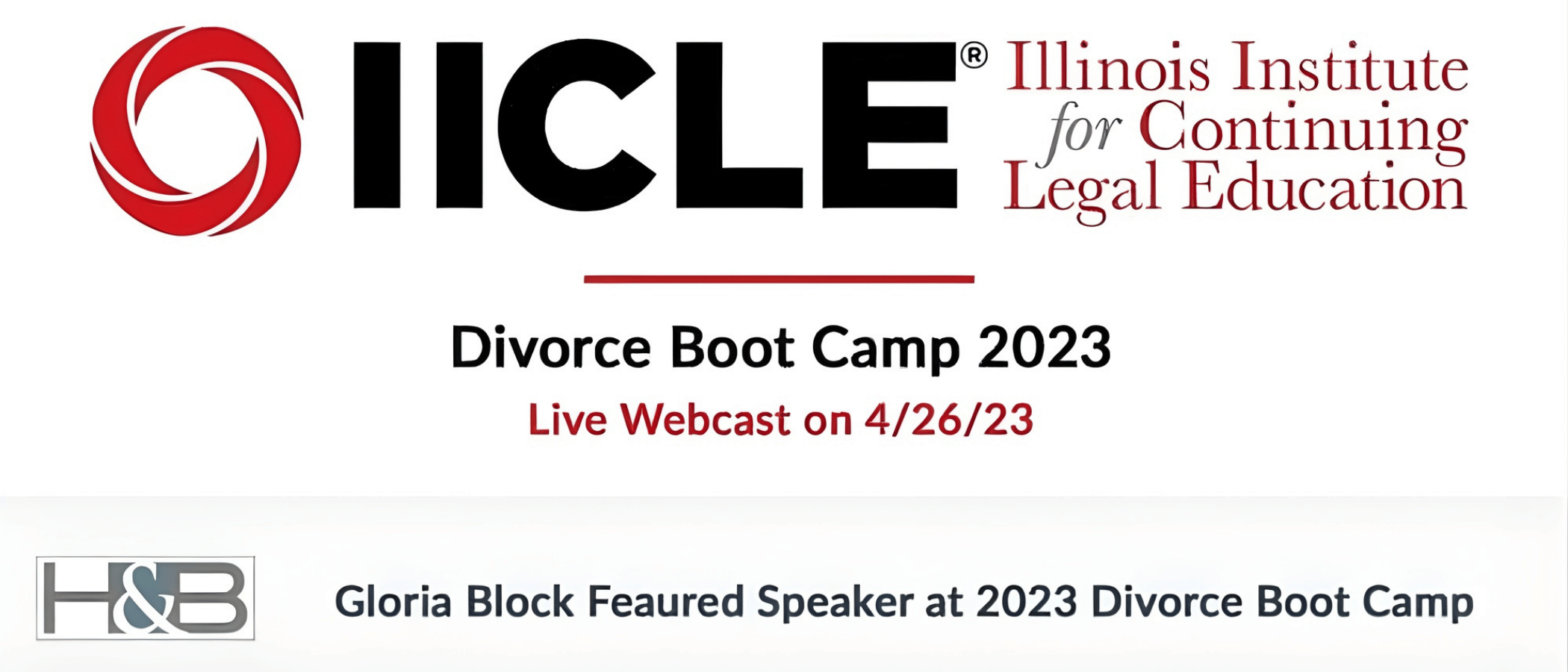Experienced Chicago Family Law Attorneys On Your Side

Driven by our ‘Families First’ promise, Block | Reid envisions a future where every family in transition emerges with dignity, clarity, and strength.
Rooted in Chicago-area experience and a singular focus on family law, we shape legal solutions that protect relationships, preserve legacies, and empower all family members to thrive after change.
Families First
Our Services
Block | Reid handles a wide spectrum of Illinois family law matters with discretion, skill, and compassion.
Our family law attorneys guide clients through complex transitions with clear communication, thoughtful advocacy, and a steady focus on long-term stability.
Divorce & Separation
Allocation of Parental Responsibilities
Collaborative Divorce
Guardian ad Litem & Child Representatives
Mediation
Prenuptial & Postnuptial Agreements
Parenting Coordination
Our Legal Team
Our attorneys are not only experienced advocates, but also trusted advisors dedicated to helping individuals and families navigate life’s most complex transitions. We combine decades of courtroom experience with a practical, settlement-minded approach, ensuring every client receives focused, compassionate, and strategic representation.

Set up your free consultation.
The Latest Firm News
From professional honors and continuing education presentations to thought leadership in Illinois family law, explore how Block | Reid continues to lead in advocacy, education, and excellence.
Stay up-to-date on the latest news surrounding the Chicago, Illinois family law firm of Block | Reid.

























